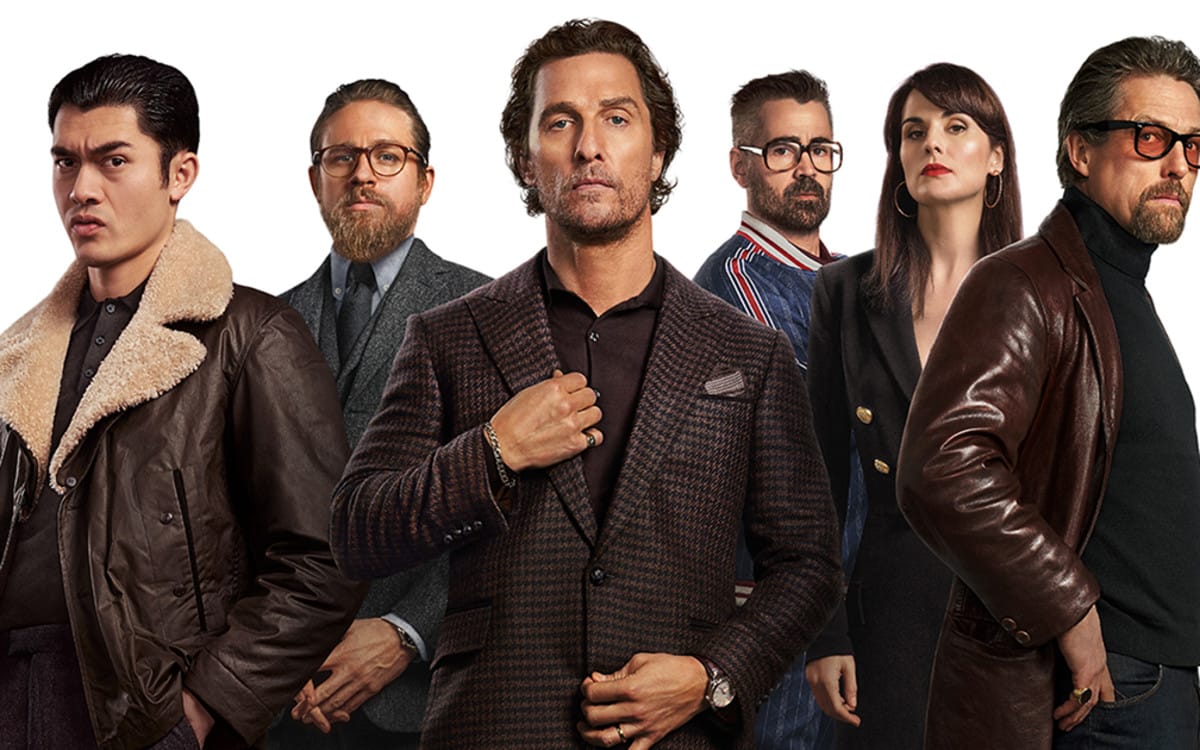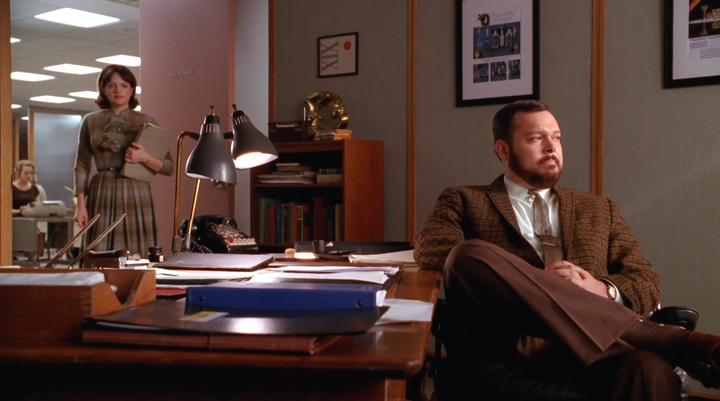Watching What You Can’t Do
Knowing your limits gives you the space to focus on what you're good at, what interests you, and what you are driven to produce.

The interesting thing about being an creative type— writer, musician, painter, photographer— is the ability to have project creep through the inherent nature of curiosity.
We love the exploration of all types of mediums and genres. We enjoy experiencing and understanding how they work and are built as it allows for growth and learning to strengthen one’s skill set. But just as important, this creative foray allows for understanding of one’s own limits.
As a writer, I instinctually dissect how a movie's story and characters are built. Analyzing the choices made, the nuance of exposing information, what is said and left unsaid, the possibilities of the threads that went unpulled. I look for the layers beneath the surface and how that interacts with the other crafts of acting, design, and framing that bring the show together.
While this observant nature is essential in acquiring narrative tools, there is a ceiling to all the study and breakdown of the creative work you engage with. At a certain point, a person’s ability is limited by their instincts.
This isn’t from a lack of will or determination but of sense.
Case in point is Guy Richie movies. I love Guy Richie movies— quick witted, face paced, impeccable timing. They give me a special kind of joy. And I know I can’t, but more importantly don’t want to, make a Guy Richie type movie. He (and other British filmmakers like him) has such a unique style, tone, and cadence that I can’t wrap my head around in contriving. It’s not that I couldn’t give it a run and figure it out, but it takes too much mental load (and time) to make it worth it. At the heart of it, it wouldn’t be fun.
This is crucial to know about one’s self because having this understanding of my strengths and limits is incredibly empowering. It gives me the space and freedom to explore and focus on what interests me and what I'm driven to produce.
And I’m happier for it. I get to enjoy the hell out of Guy Richie movies without the overhead of breaking it down. I know I can’t do it, so I don’t have to worry about it. There’s a richness to it all when you're free from analyzing. You’re a normal audience member, a normal viewer. That's a burden lifted.
Generally, I forget what that’s like. I’m so habitual in my movie and show watching— analyzing while feeling the emotion of the story at the same time— that I forget there is a different perception in the movie going experience. When you let the industry-eye side go, you can just enjoy the ride.
Having that unadulterated connection is what got me to fall in love with movies in the first place. It's critical to still just be a viewer sometimes, to remember that feeling.
That’s not to say this feeling from the movie can’t be instructive though. You can ask yourself, how do I evoke that feeling while creating something completely different? What can I do with my writing, my genre, my style that can give a reaction like I’m having right now? How do I create that unique view point that connects with people?
But when it comes down to it, the great thing about art is you don’t need to understand how it gets made to enjoy the finished result. And to help your craft, sometimes thats all you need to do.





Comments ()